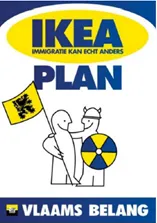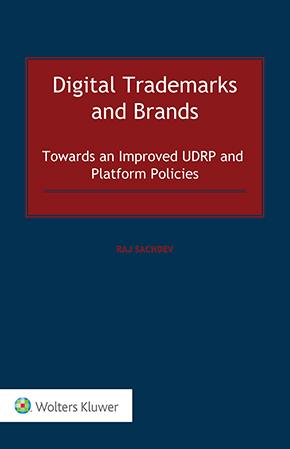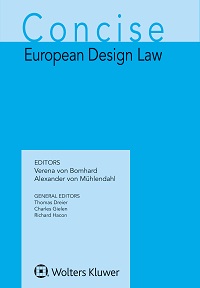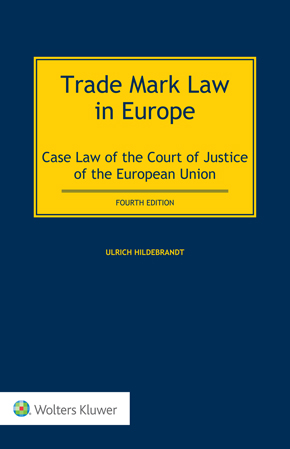Freedom of Political Expression as “Due Cause”: The Pending IKEA v. Vlaams Belang Case Before the CJEU
October 14, 2025
The pending IKEA v. Vlaams Belang case before the CJEU offers a key test of how freedom of expression (FoE) interacts with EU trademark law. IKEA sued the Belgian party Vlaams Belang for parodying its name, logo, and colours in a campaign titled “IKEA Plan” (Immigratie Kan Echt Anders—“Immigration Really Can Be Different”). The Belgian Enterprise Court asked the CJEU whether such political parody can constitute “due cause” under EU trademark rules and, if so, which factors should guide that assessment. The hearing took place in June 2025, with the Advocate General’s Opinion expected on 13 November 2025. This post considers the FoE factors identified by the Belgian court—rooted in ECtHR case-law—and their role in the proportionality analysis.
Commerciality, Political Speech, Contribution to the General Interest Debate, and Artistic Value

The first question is whether Vlaams Belang’s use was commercial. According to the ECtHR, speech promoting sales or advancing economic interests receives lower protection (Mouvement raëlien suisse, §61). By contrast, political expression on matters of general interest enjoys the highest protection under Article 10 (FoE) ECHR. Vlaams Belang’s parody clearly falls into the latter category: it neither promoted sales nor competed with IKEA, but used the brand symbolically within political discourse. Moreover, the campaign’s subject—immigration policy—undoubtedly belongs to the sphere of general interest debate, as recognized by the ECtHR in, inter alia, Unabhängige Initiative Informationsvielfalt, §43. Vlaams Belang’s expression also possesses artistic value by virtue of its parodic form, which further strengthens its protection (Jelševar, §37).
Finally, even if Vlaams Belang’s parody were considered partly commercial, Strasbourg case-law still holds that Article 10 protection rises when expression transcends economic aims and contributes to public debate (VgT Verein gegen Tierfabriken, §§70–71).
Trademark’s Reputation
The next factor concerns the trademark’s reputation. While trademark law grants stronger protection to reputed marks, FoE principles often invert this logic: the more powerful the entity or symbol, the broader the scope for permissible commentary (Uj, §22).
In the IKEA case, however, Vlaams Belang’s parody does not critique IKEA’s business practices but merely adopts its sign and visual style for political messaging. Accordingly, the ECtHR’s leniency toward criticism of powerful corporations may offer limited support here—unless the CJEU recognizes that corporate symbols can represent broader social phenomena. If so, their use should be tolerated within public discourse even when not aimed directly at the enterprise itself. This view finds support in Strasbourg jurisprudence (see McDonald, §§46–56; Leroy, §§36–45) and, even more clearly, in national case-law balancing trademark protection and FoE (German Federal Court of Justice, “Lila Postkarte”, §§33–35; District Court of The Hague, Nadia Plesner, §94).
Extent of Use and Availability of Alternatives
The Belgian court also points to the extent and dissemination of the use. While the ECtHR recognises that wide dissemination can heighten the need for justification (Féret, §76), it also accepts that parody often relies on recognisability and exaggeration (Vereinigung Bildender Künstler, §33). In the case of IKEA, its design was essential to the campaign’s rhetorical effect. While it could be argued that the use of the IKEA trademark was not strictly necessary to make a point about immigration, such a position appears outdated in light of modern FoE jurisprudence, which increasingly accepts that expressive uses of trademarks can be justified when they meaningfully contribute to public debate (French Supreme Court, CNMTR).
Offensiveness and Democratic Tolerance
A further relevant factor—though not explicitly listed by the Belgian referring court—is offensiveness, central to IKEA’s concern over its brand’s link to a far-right party. Yet under Handyside, FoE protects even ideas that “offend, shock or disturb”. Offence alone cannot justify restriction, as democratic tolerance requires space for unsettling voices. Neither states nor corporations should set the limits of public discourse (Avagyan, Joint Concurring Opinion of Judges Ktistakis, Kovatcheva and Ðurović, §3).
Conclusion
Interpreting “due cause” through the lens of FoE offers a principled approach consistent with EU constitutional traditions. While certain FoE balancing factors weigh against Vlaams Belang, the most significant considerations under Article 10—its non-commercial and political nature, its contribution to public debate, its artistic dimension, and the need for tolerance toward even unpopular statements in public discourse—strongly support upholding Vlaams Belang’s interests. A contrary ruling could amount to viewpoint discrimination: a decision that might appear, in the short term, to advance liberal values but would, in fact, represent a serious setback for democracy.
You may also like











